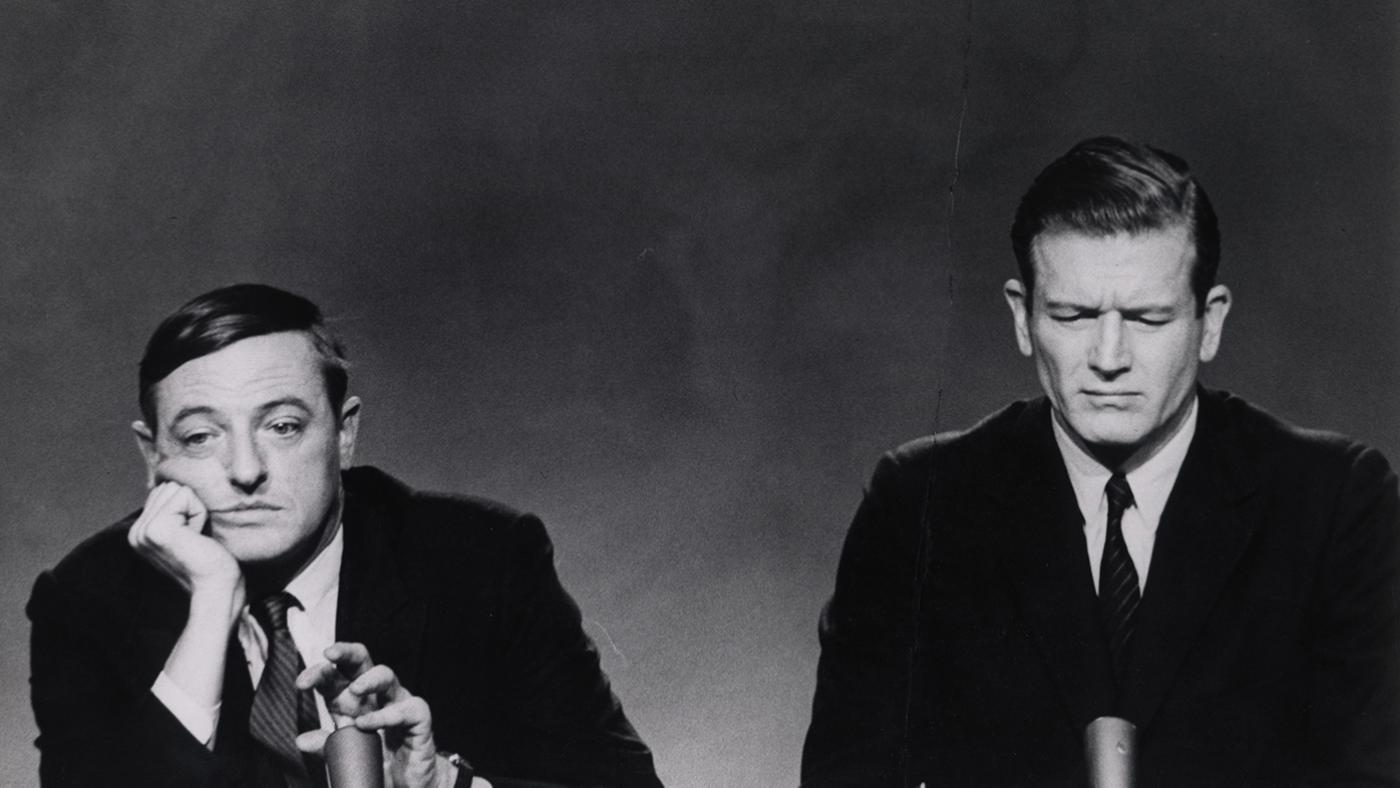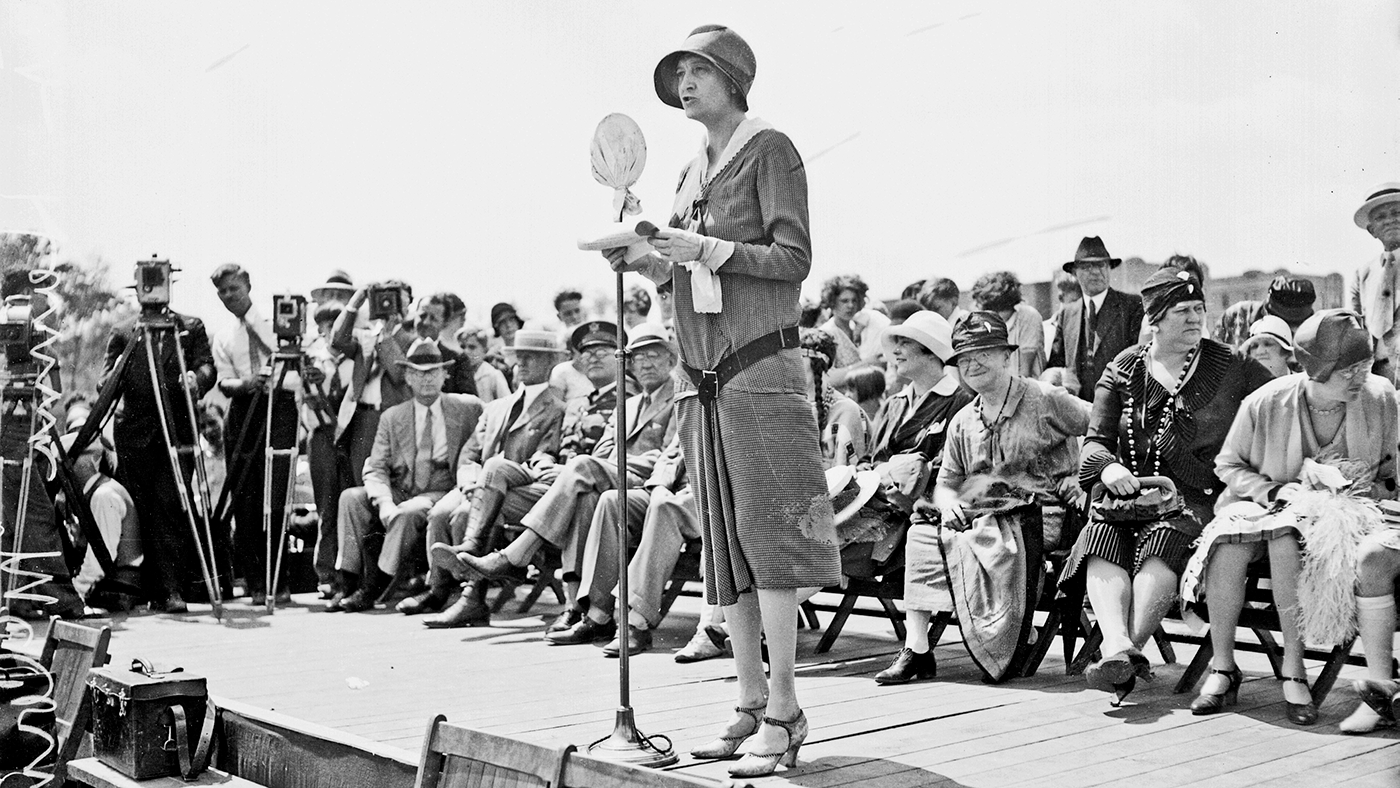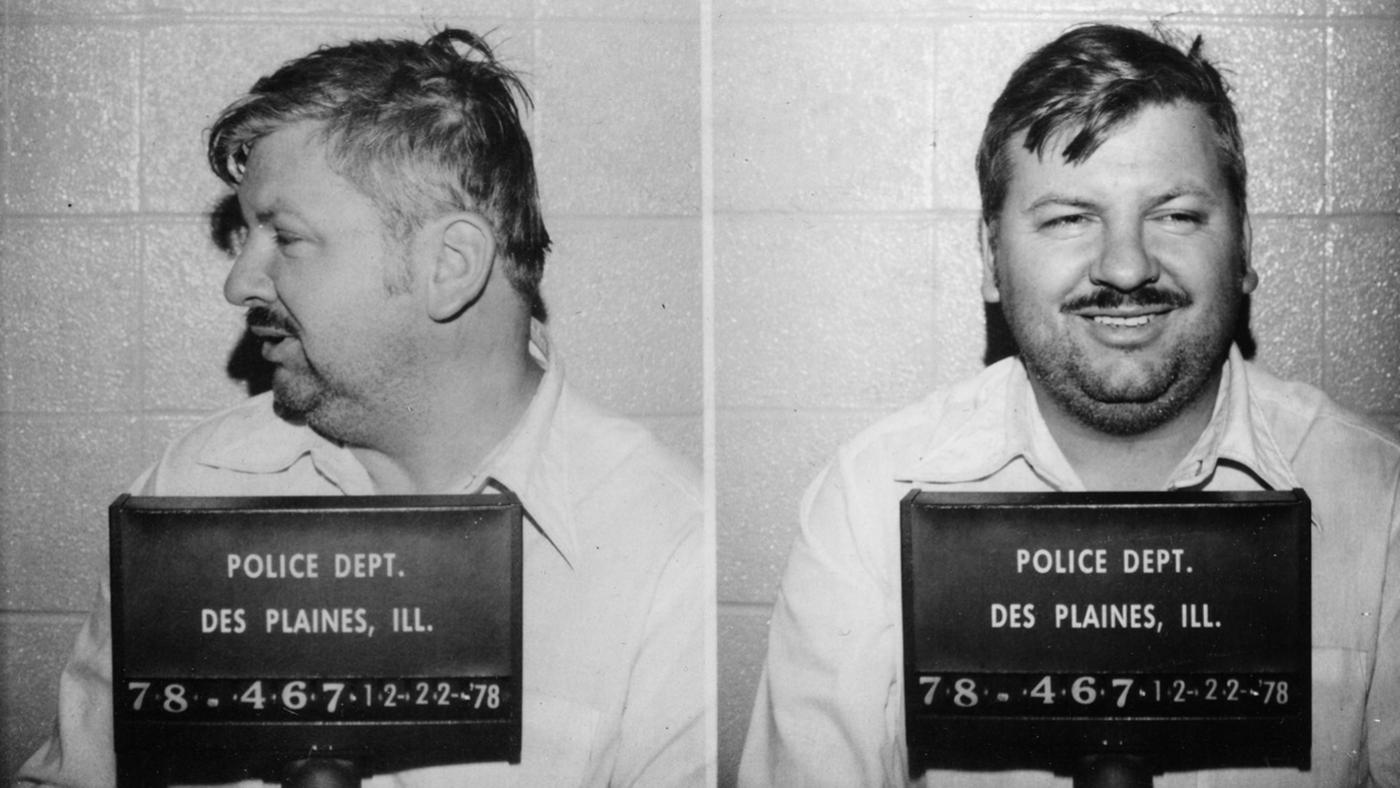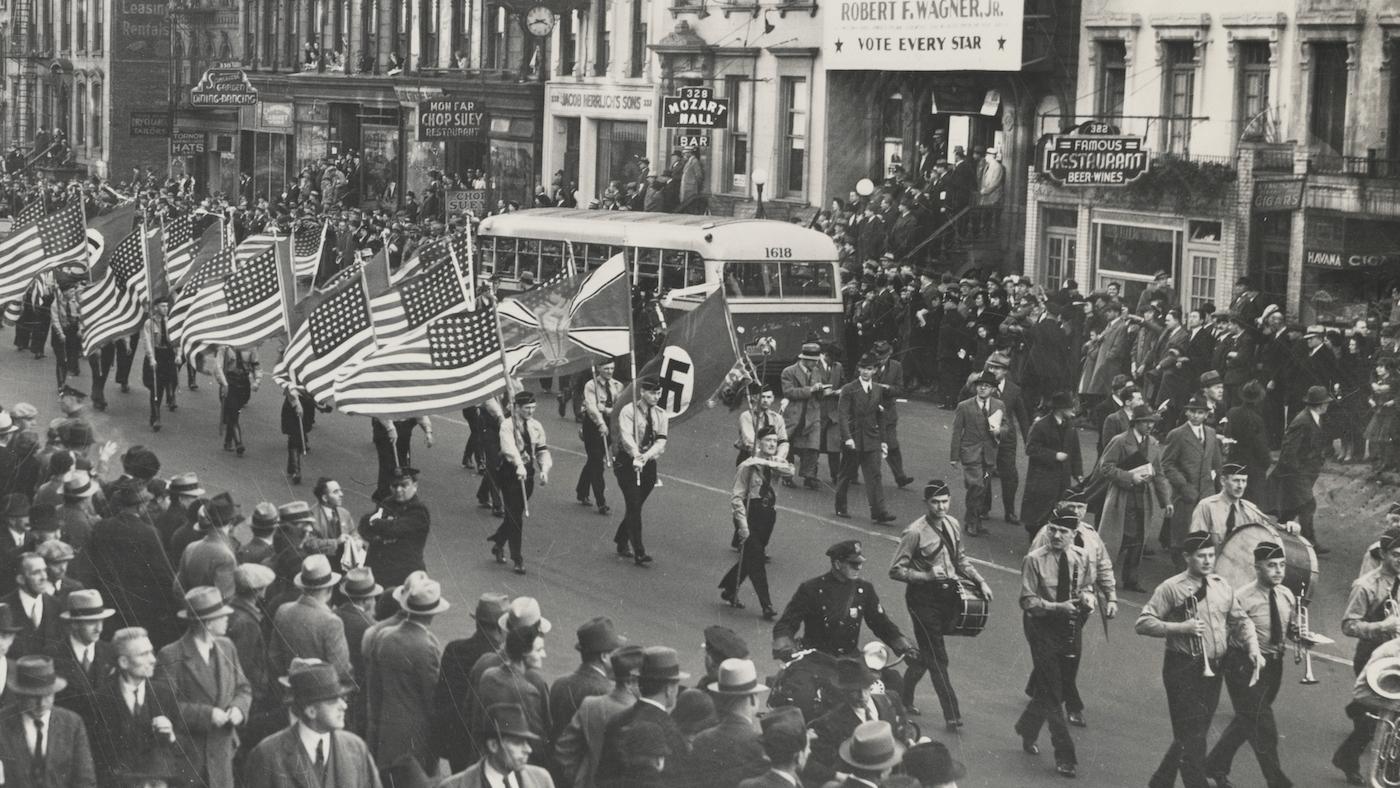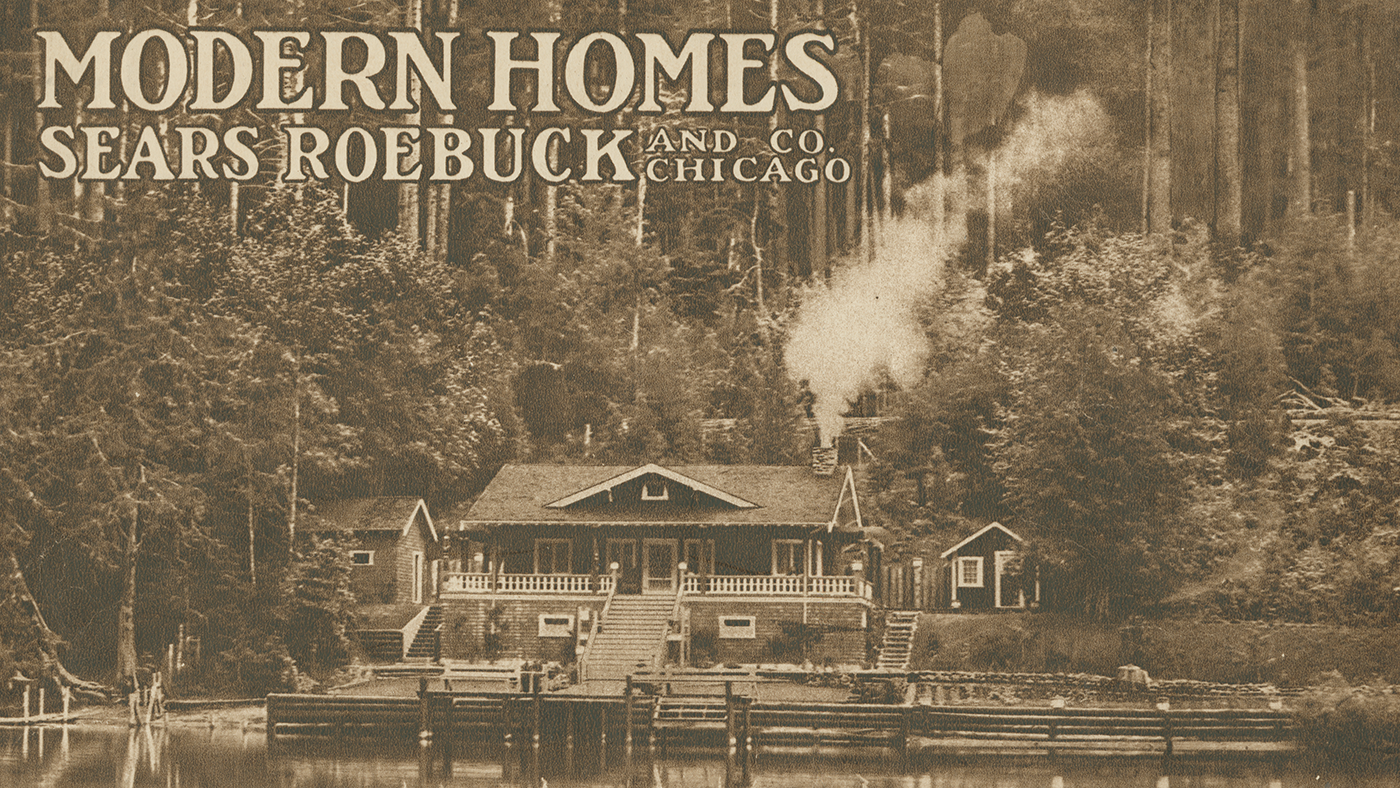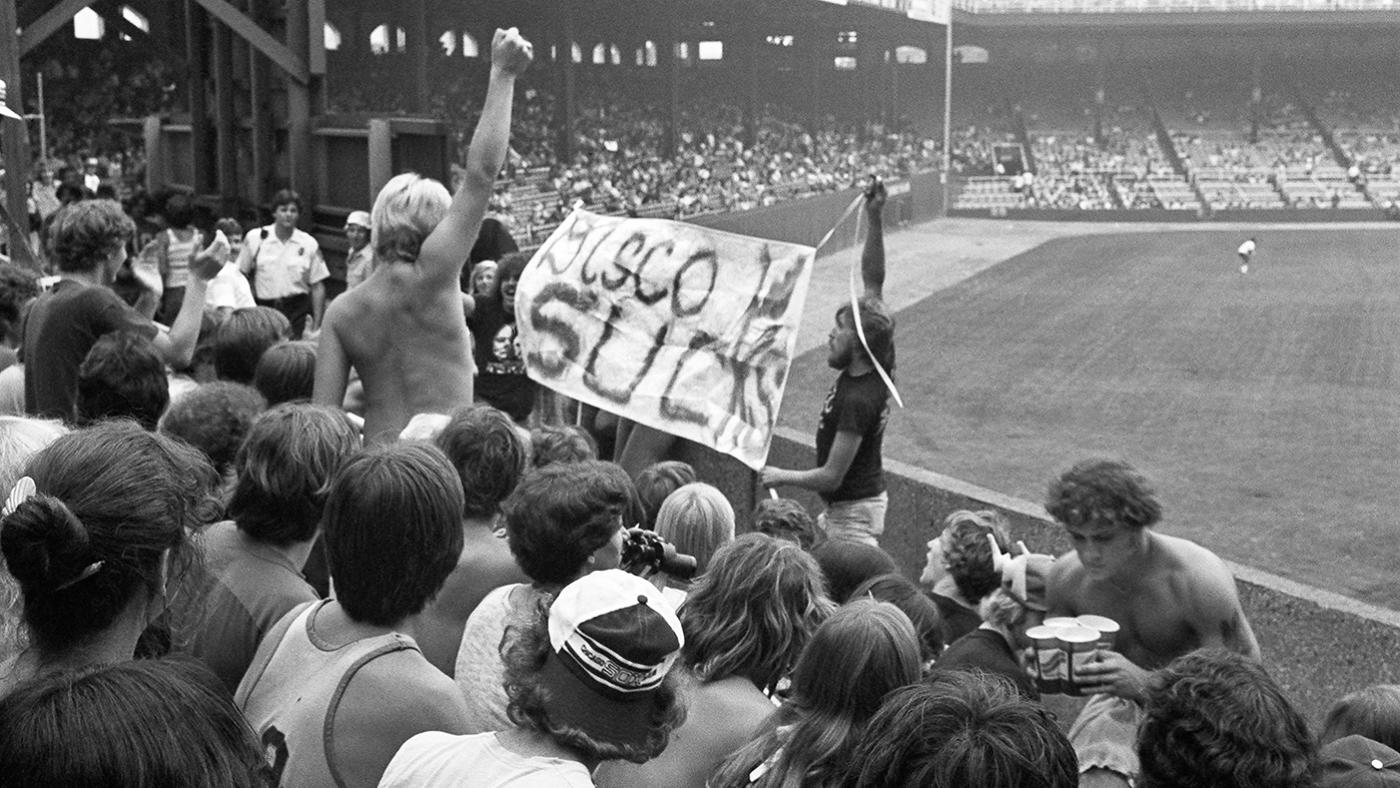An Interview with the Director of a Documentary on Northern Ireland's Troubles
Daniel Hautzinger
August 28, 2023
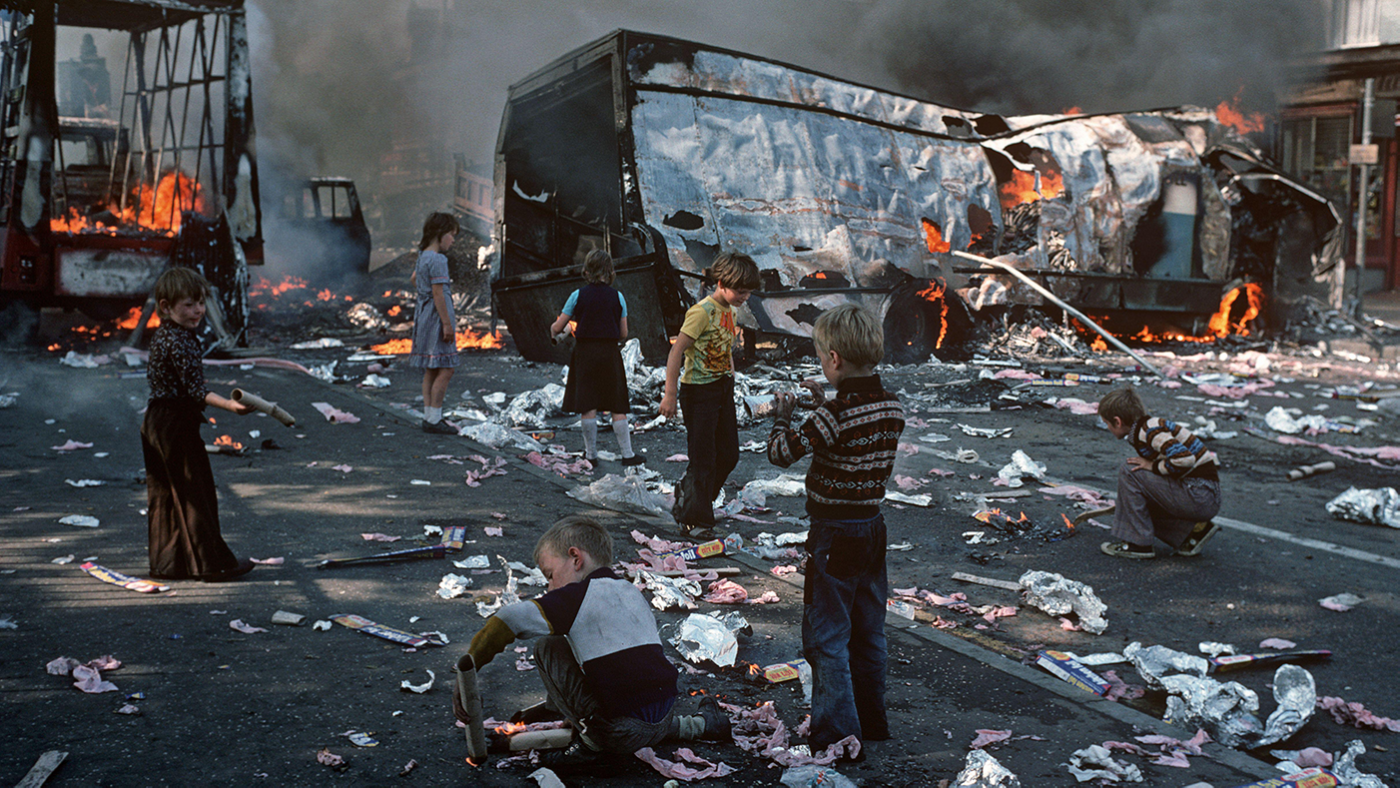
Once Upon a Time in Northern Ireland airs beginning Monday, August 28 at 8:00 pm on WTTW, and is available to stream via the PBS Video app.
Twenty-five years ago, on April 10, 1998, the decades-long sectarian Irish conflict known as The Troubles was officially resolved with the signing of the Good Friday Agreement. More than 3,500 people were killed in the conflict, which pitted mostly Catholic nationalists who wanted to join a united Ireland against predominantly Protestant loyalists who wanted to stay within the United Kingdom. For thirty years, sporadic violence and bombings defined life in Northern Ireland, which saw the deployment of the British Army in its longest continuous operation.
The new, five-part series Once Upon a Time in Northern Ireland allows ordinary people from all sides of the conflict to tell stories of their lives during The Troubles. It was directed by James Bluemel, who used the same narrative approach in Once Upon a Time in Iraq, which aired via Frontline. We spoke to Bluemel about his distinctive approach, the way people experienced The Troubles, and interviewing people about their memories of a difficult period.
This interview has been condensed and edited for clarity.
Why did you want to tell the story of The Troubles via firsthand, personal stories?
There have been many documentaries made about The Troubles. Most of those documentaries are events-led, in that they explain the context of The Troubles and explain what happened. But I thought there was something missing from the body of work that had been made about Northern Ireland, which was how it felt to live there, and hearing that from people that experienced it firsthand and not from policymakers or politicians, but from people that lived with the consequences of those decisions. You can learn all the facts you want, but to really understand how it feels, I think we're missing something. And this is what this documentary tried to do.
The idea came from [my work on Once Upon a Time in Iraq]. The Iraqi civil war is very sectarian, and it reminded me of growing up, listening to the news, and how little I understood about a conflict that happened on my own doorstep compared to what I understood now about Iraq.
One participant, Richard Moore, sort of sums up the approach. He lost his eyesight as a child after being shot by a British soldier with a plastic bullet, but as an adult has met with that soldier. He says in the documentary, “Finding out who he was does change everything. He’s no longer a soldier. He’s a human being, he’s a father, he’s a grandfather. It makes a person very real.”
You’re right. Humanizing his enemy stopped it feeling abstract, and it meant that you could move forward properly. The underlying ambition or agenda for the series was always to try and build empathy. That includes the people in the cast; people within Northern Ireland; an audience from England that has not engaged in this subject at all meaningfully, and [that has] probably willfully ignored it over the decades. If you humanize the people on screen, you can then build empathy for their positions and see the world through their eyes a little bit, which can only be helpful.
What is the English understanding of The Troubles?
I think it's quite shocking how many people in England are not familiar with any of this stuff, even though it was on our doorstep. What gets reported on the news can be repetitive and it can feel so complex and it can feel sort of, “What can we do about it?” You can get numb to it. I don't think what had been explained very carefully for lots of people in England was our direct involvement in the situation, our government's role in that conflict.
I grew up in an environment typical of many people that live in England. You understand the basics, the broad politics, but you don’t really understand more than that.
How do you get the participants to trust you and open up to you about their memories and emotions?
There's no shortcut to it. It takes time. Northern Ireland is a small place, and The Troubles for many are still live. They're not consigned to the past. Deciding whether you're going to put your head above the parapet and talk openly about what you went through isn't done lightly. Questions are asked about what the agenda is, what my agenda is, what the agenda of the broadcaster is, and I was lucky enough to have Once Upon a Time in Iraq, which took a similar approach, and they could see the even-handedness in that film. I think for some they thought there was value in that, and that's why they eventually said yes. But the process to get them to say yes was for some of them quite long. And then it’s not a short interview. These interviews can span a couple of days, and you just take it very slowly.
It's very rare to have someone listen intently to you for that length of time. I think that encourages the contributor to dig into their memory because they are being listened to. Sometimes they would find and unearth memories that perhaps they haven't sort of remembered were even there. They weren't accessing ready, off-the-peg anecdotes.
Was it difficult to get people to talk about a topic that is not often discussed?
In Northern Ireland, the guard is still very high because in certain communities—in working class areas of Belfast or Derry—the paramilitaries are still active and still have influence. They more resemble standard criminal gangs these days, with interests in drugs. In certain places, talking openly about what it's like to live there is dangerous. But for others, [they] might feel more confident or just safer or less connected, perhaps they're older. Some may see value in [talking about their past] because lessons of history need to be learned, and if you maintain this shroud of silence, those lessons can never be learned because they’ll never be heard.
How did you find the participants?
Some of it's just research. You start to research who was [at an important event], who is still alive. And sometimes it was serendipitous. I was going to meet Ricky O’Rawe, an ex-IRA gunman. He brought his wife, Bernadette O’Rawe, along to the meeting. I didn't know anything about her. As we were having a getting-to-know-you chat, she was telling me a little about her life, and it was incredibly fascinating. She had never spoken to a journalist, and she also didn't really know she had a story to tell.
There was always a desire to bring women’s voices in to this subject, because traditionally they have been ignored. But because they have been ignored, it’s quite difficult to research them and find them, so sometimes you just need a bit of luck, and we got it.
Although the events you cover in Once Upon a Time in Iraq are more recent than The Troubles, did you find similarities in the ways that people discussed and processed memories?
That’s what I found surprising. I was expecting before I started this that perhaps there won't be that processing. Iraq is much more recent. What I found is that trauma that happened 50 years ago can still be as live as trauma that happened five years ago for many people. Those memories had not been marbleized. They’re not concrete. They’re still malleable, but only if you give people the time and the space to really delve back into it. Perhaps deeply embedded trauma, you learn to live with it, but once you delve back into it, it’s still very present and difficult.

